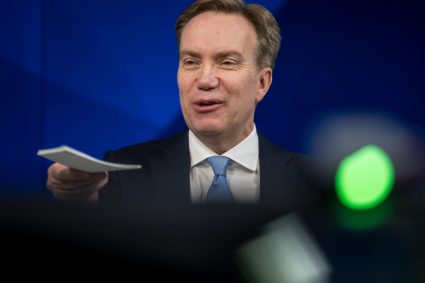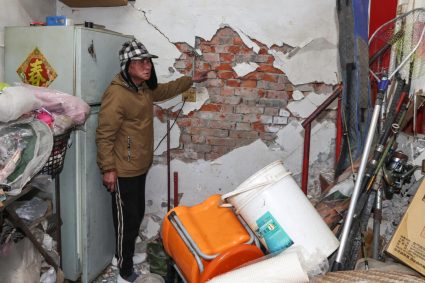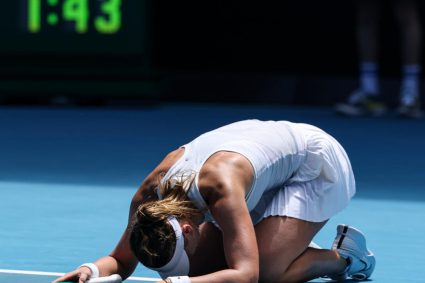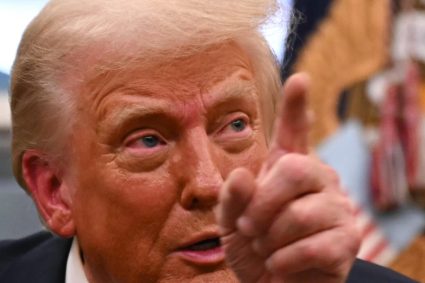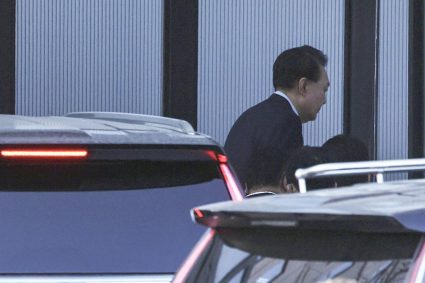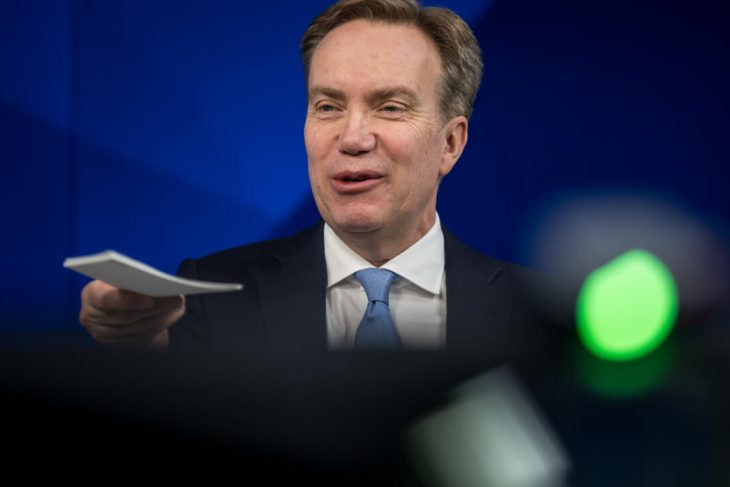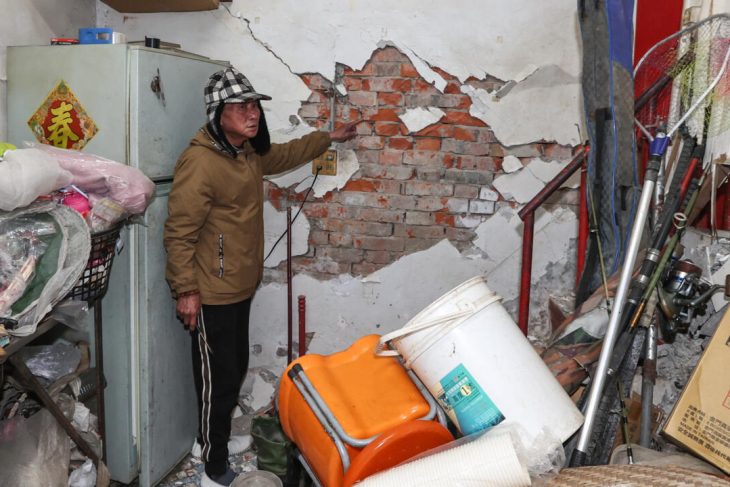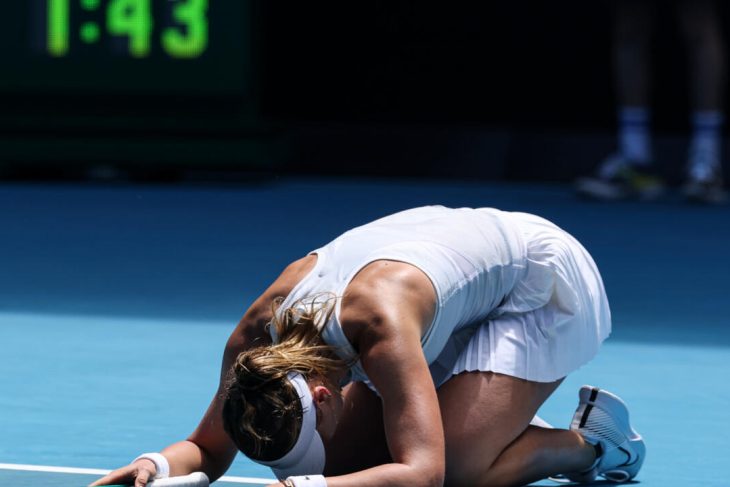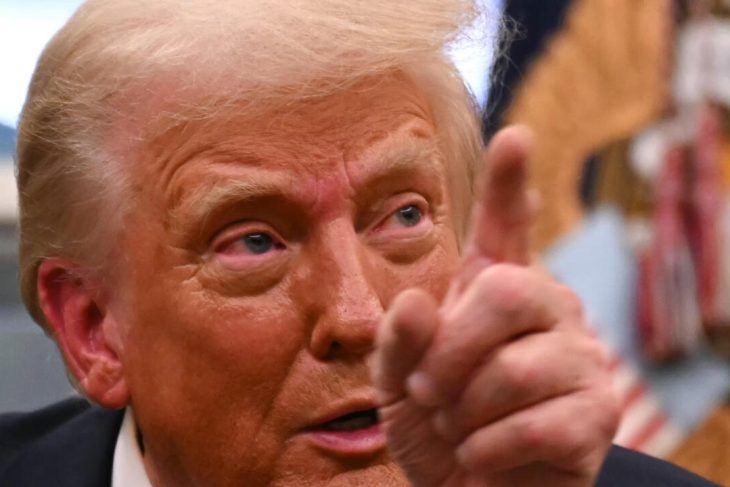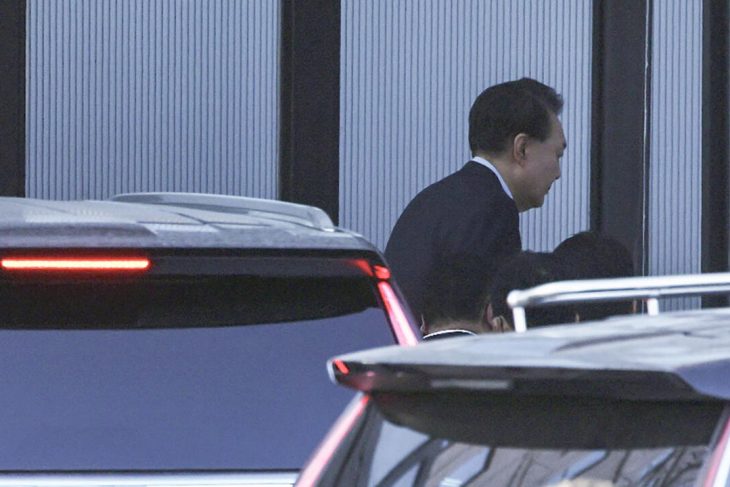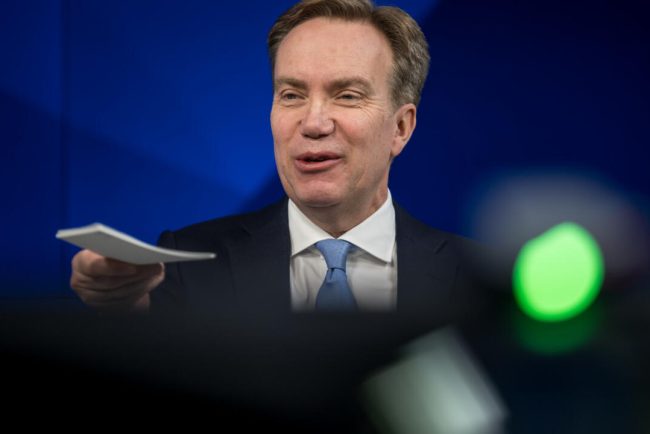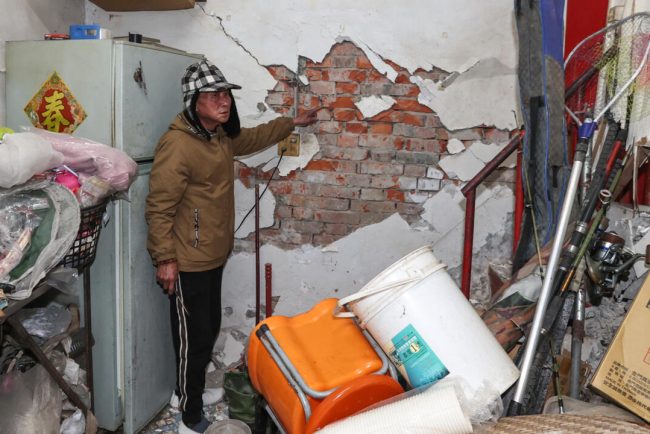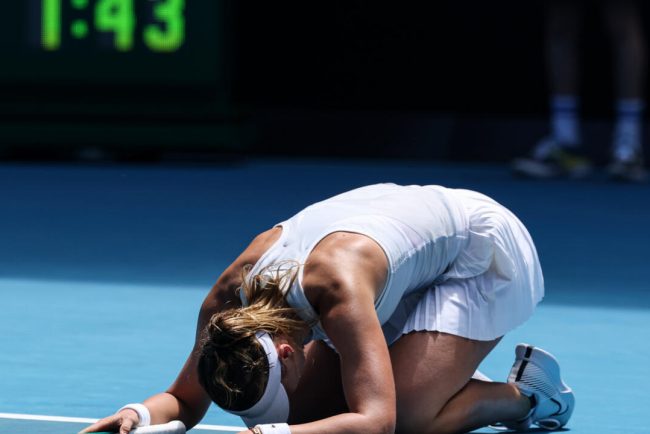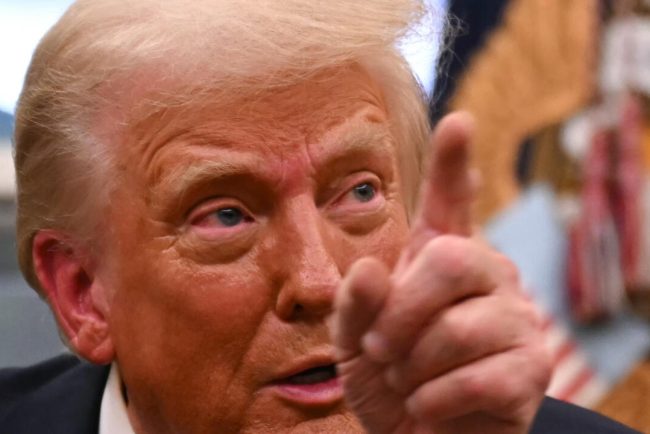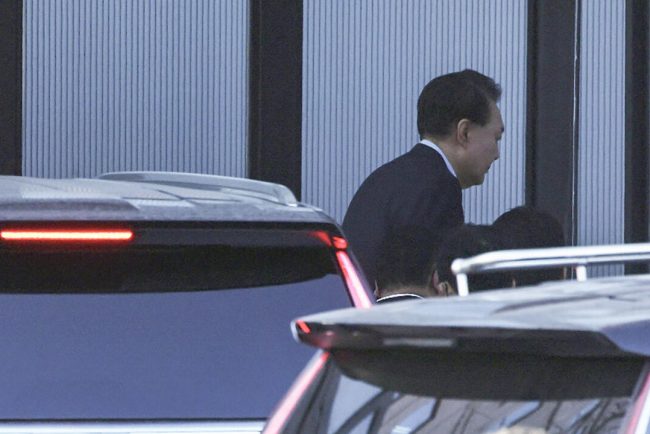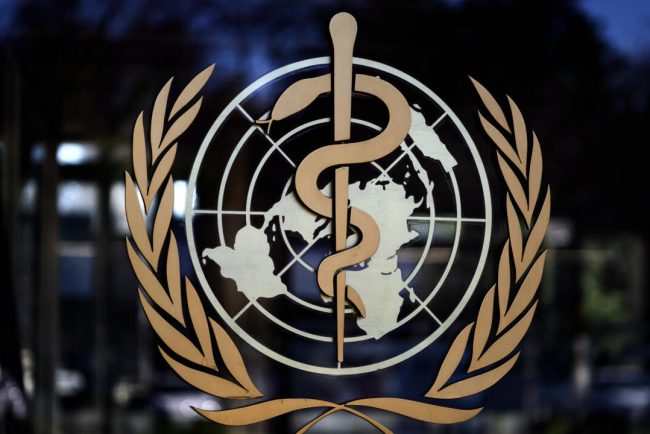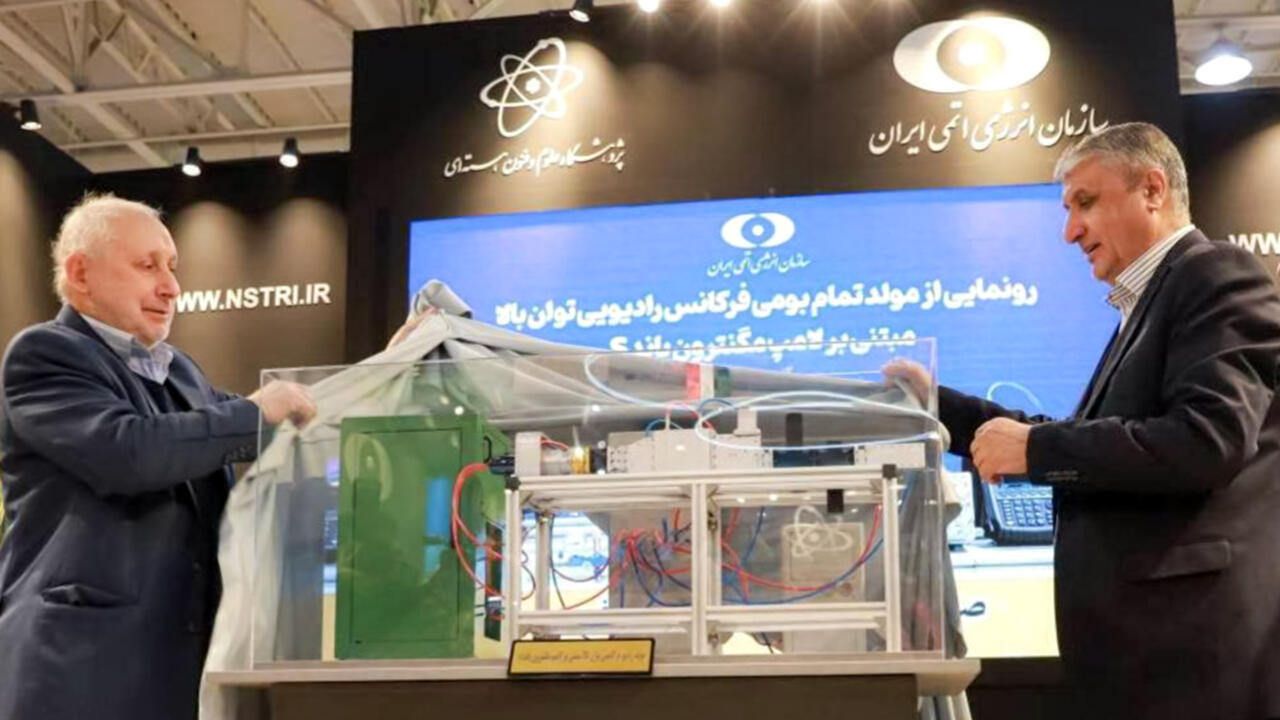
The three countries known as the E3 said in a statement ahead of a UN Security Council meeting Tuesday on Tehran’s nuclear program that Iran must “reverse its nuclear escalation.”
Iran has increased its manufacturing of enriched uranium such that it is the only non-nuclear weapons state to possess uranium enriched to 60 percent, the International Atomic Energy Agency (IAEA) nuclear watchdog said.
That level is well on the way to the 90 percent required for an atomic bomb.
“Iran’s stockpile of High Enriched Uranium has also reached unprecedented levels, again without any credible civilian justification. It gives Iran the capability to rapidly produce sufficient fissile material for multiple nuclear weapons,” the trio said in the statement.
“Iran has ramped up its installation of advanced centrifuges, which is yet another damaging step in Iran’s efforts to undermine the nuclear deal that they claim to support.”
Iran ‘pretty weakened’
Last week Berlin, London and Paris raised the prospect of using a mechanism in a landmark 2015 deal on Iran’s nuclear program that allows signatories to reimpose sanctions which had been eased.
That deal with Tehran traded sanctions relief for limits on its nuclear program.
It was signed by Iran on one side and France, Germany, Britain, China, Russia and the United States on the other.
But in 2018, then-US president Donald Trump pulled the United States out of the agreement and reimposed US sanctions against Iran.
Iran has retaliated by escalating its production of uranium enriched to 60 percent.
UN peacebuilding chief Rosemary DiCarlo told the Council an “impasse” persists “with 10 months remaining” until the expiraiton of the resolution underpinning the Joint Comprehensive Plan of Action nuclear deal, which aimed to stop Iran from acquiring atomic weapons.
Meanwhile, Iran’s ambassador to the UN Amir Iravani said that it was Western countries — not Iran — that had failed to honor their commitments.
“The unfounded accusations made against Iran today by the United States, United Kingdom, France and Germany cannot distort the facts on the ground, nor serve to obscure or justify their own failures in fulfilling their commitment on the JCPOA,” he said.
“Therefore allegations regarding Iran’s noncompliance are not only factually incorrect, but also rely on arbitrary and misleading interpretations of the JCPOA.”
One Western diplomat described Iran as “pretty weakened” by the collapse of former Syrian president Bashar al-Assad’s regime, suggesting that might push Tehran to seek a nuclear weapon to strengthen its hand.
“(But) if Iran is weakened they may be more inclined to have talks,” they said.
Iran says it has the right to nuclear energy for peaceful purposes and has consistently denied any ambition of developing weapons capability.
© 2024 AFP
